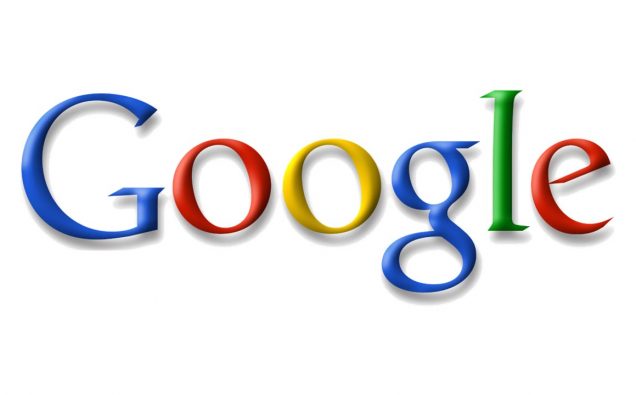
Featured Image By Google Inc/ Wikimedia Commons
Like an overwhelming majority of things technological, personalized advertisement based on email scans is a double-edged prospect for users : it compromises privacy but it brings ads to users without any search.
For the tech giants like Google and advertisers, though, it looks like a winning prospect all the way. But for a lot of users of the popular Gmail service, the question of privacy is bothersome in many ways.
On the one hand, users feel helpless in feeling secure about the exchange of information with their friends or for professional work. Ads popping up also are considered intrusive at a time of intensive work.
But on the other, users get ads and with ideas a variety of products and ideas that they might be not looking for but could find handy.
The ads could also be troubling when they restrict the email users’ choice. For example, a user might go for a computer that is advertised in their inbox while there might be some other brands offering better or cost-effective computers.
In view of these and other challenges, advantages and issues, Google’s decision to stop reading users’ messages in free Gmail service this week is triggering a debate if their decision to stop reading emails for personalized ads would really allay privacy concerns.
The decision by the company follows the success of Google’s G Suite business that does not feature ads. The usage of G Suite service has “more than doubled in the past year among large business customers.”
G Suite’s Gmail is different from consumer Gmail as it is not used as input for ads personalization, and “Google has decided to follow suit later this year in our free consumer Gmail service,” Google’s SVP of Google Cloud, Diane Greene, announced in a blog on Friday.
“Consumer Gmail content will not be used or scanned for any ads personalization after this change. This decision brings Gmail ads in line with how we personalize ads for other Google products,” Greene wrote.
According to Greene, “the value of Gmail is tremendous, both for G Suite users and for users of our free consumer Gmail service.”
As of now, Gmail has more than 1.2 billion users.
Google says no other email service protects its users from spam, hacking, and phishing as successfully as Gmail.
“By indicating possible email responses, Gmail features like Smart Reply make emailing easier, faster and more efficient. Gmail add-ons will enable features like payments and invoicing directly within Gmail, further revolutionizing what can be accomplished in email.”
Further, Google says, “G Suite customers and free consumer Gmail users can remain confident that Google will keep privacy and security paramount as we continue to innovate.”
The blog also says users can control the information they share with Google at myaccount.google.com.
The blog seeks to sound reassuring for the users of Gmail service.
However, analysts say Google already knows a lot about users of the free service through their use of apps or media platforms. For instance, it knows what kind of music or videos people watch on YouTube. That data provides a lot of information to the tech company.
Going forward, users will be watching a lot of factors to feel confident that their privacy is not compromised.
The Internet users face somewhat similar questions over privacy when they use social media platforms that have access to a lot of information or data on personal gadgets including cell phones.
While Google seems determined to put behind the controversial ad personalization program, much will also depend upon the success of its G Suite plan, which currently has 3 million users.
















